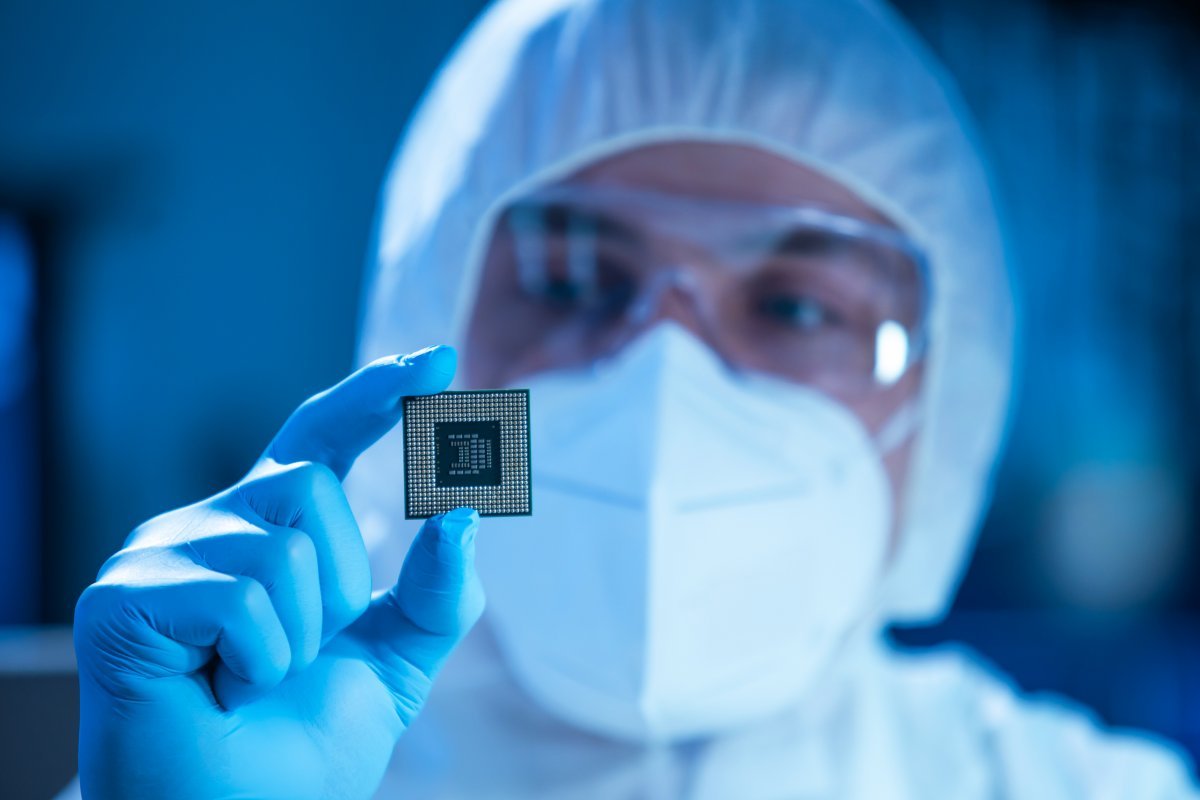The German semiconductor industry is facing an unexpected change in subsidy policy. The Federal Minister of Economics, Katherina Reiche (CDU), is unlikely to promise any new extensive subsidies, which is causing irritation in the industry. Their investment needs are enormous. Existing funding programs are massively oversubscribed.
During an on-stage discussion at the Family Business Days in Berlin on Friday, Reiche clearly distanced herself from the current subsidy practice. “The best industrial policy is first and foremost good framework conditions, but not the individual promotion of individual companies,” she emphasized, according to the Politico newsletter Industrie & Handel.
This stance marks a departure from the “whatever it takes” strategy of her predecessor Robert Habeck, under whom billions in funding commitments for chip factories were common. The Green Party also helped initiate “projects of common European interest” (IPCEI) for microelectronics and communication technologies, under which the EU Commission approved another billion-euro aid program in autumn 2023 to coincide with a “chips summit”. The idea behind this is to become less dependent on Taiwan, the USA and China in the semiconductor sector
Projects worth billions and an overstretched funding pot
Under Habeck, the German government pledged ten billion euros for Intel in Magdeburg alone. The construction of these planned chip factories has been put on ice. In addition, five billion euros were provided for TSMC and partners in Dresden for the ESMC semiconductor plant, the ground-breaking ceremony for which has already taken place. In November, Habeck also opened the current funding pot of the Climate and Transformation Fund (KTF), in which two billion euros are reserved for the semiconductor industry. However, according to Bloomberg, 20 companies are applying for these funds, which would have a total of six billion euros in subsidies for their projects.
One example of the funding bottleneck is Globalfoundries. The US company has already received a provisional commitment for an expansion of its Dresden plant with several hundred million euros from the federal government. According to its statements, it has started to implement its project in Dresden in accordance with the European Chips Act. Another interested party is the Dresden start-up FMC, which wants to develop and produce chips. This candidate alone is hoping for a grant of 1.3 billion euros for the construction of a factory, as the Handelsblatt writes. That is almost two thirds of the entire current funding pot.
Criticism from the semiconductor industry
The industry is reacting with incomprehension to the minister’s restrictive stance. Frank Bösenberg from the Silicon Saxony network complained to Politico about the inadequate funding: “The two billion euros will never be enough to support important relocations.” He is pushing for the billions earmarked for Intel to be redistributed. The digital and electronics association ZVEI is also exerting pressure: “The measures announced in the coalition agreement must be backed up with sufficient funding and a clear political priority.”
Reiche puts the brakes on the subsidy euphoria. The consequence of such subsidies is often “that people overestimate their economic viability”, she said in Berlin. She was suggesting that future projects should have a more solid economic basis instead of relying too heavily on taxpayers’ money.
(ds)





